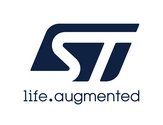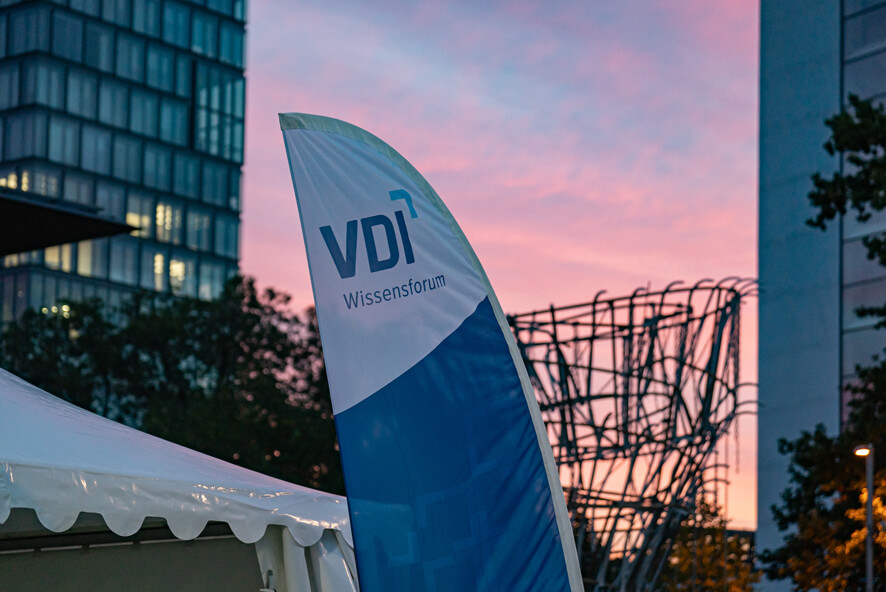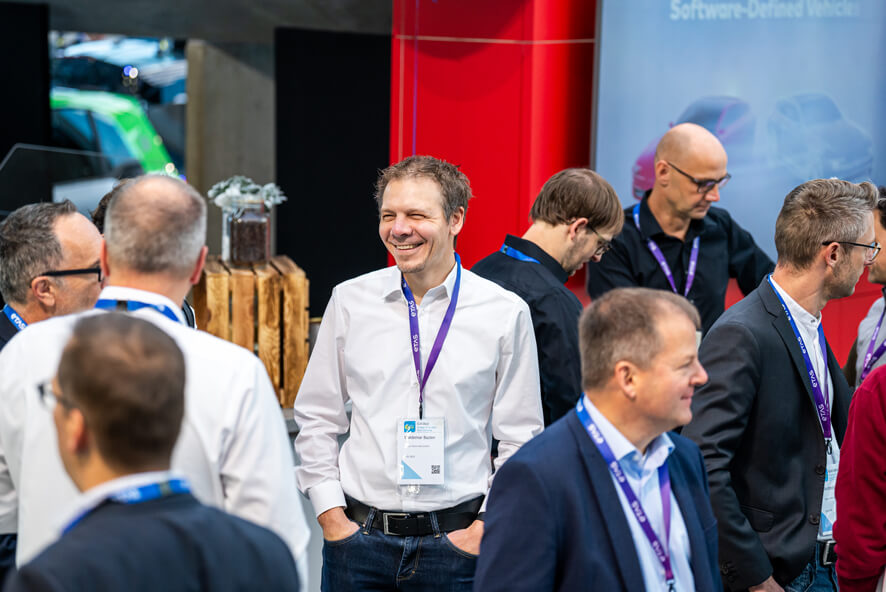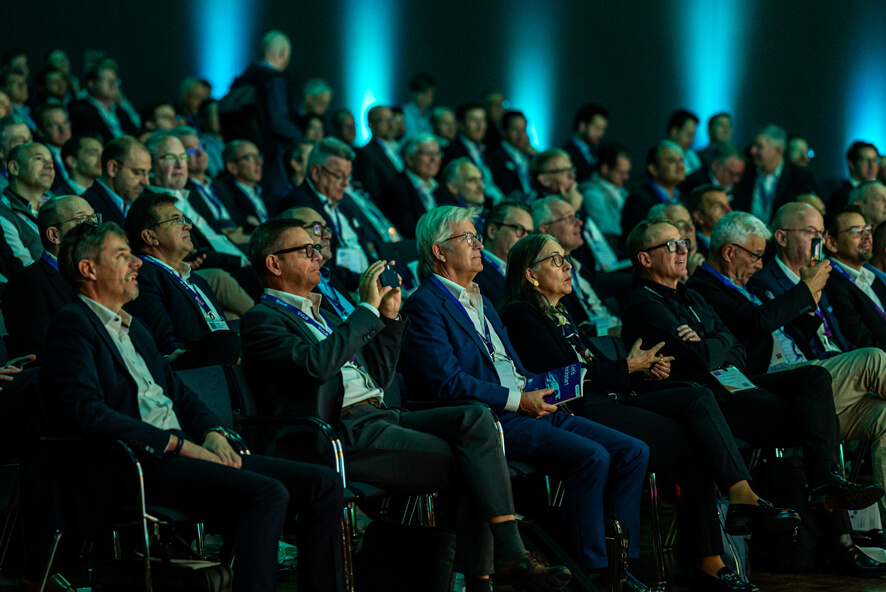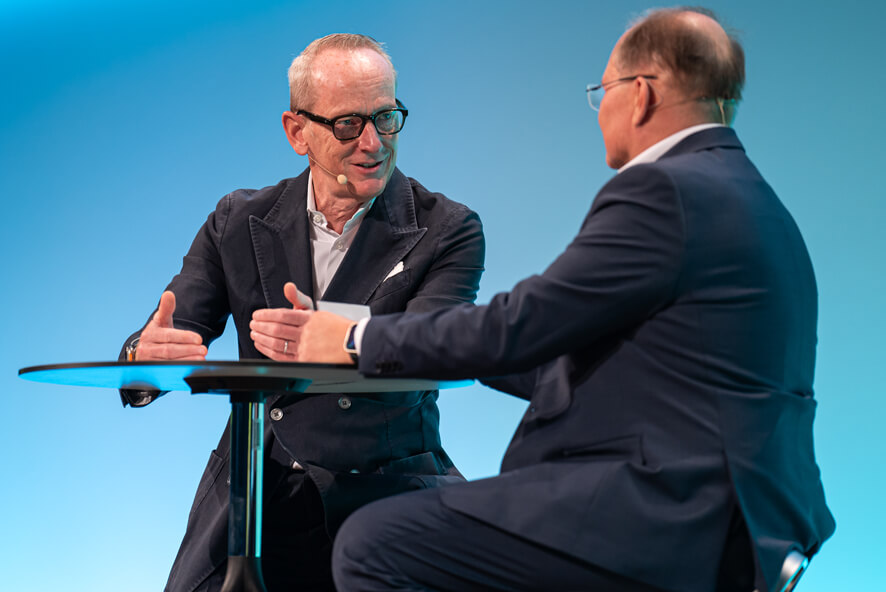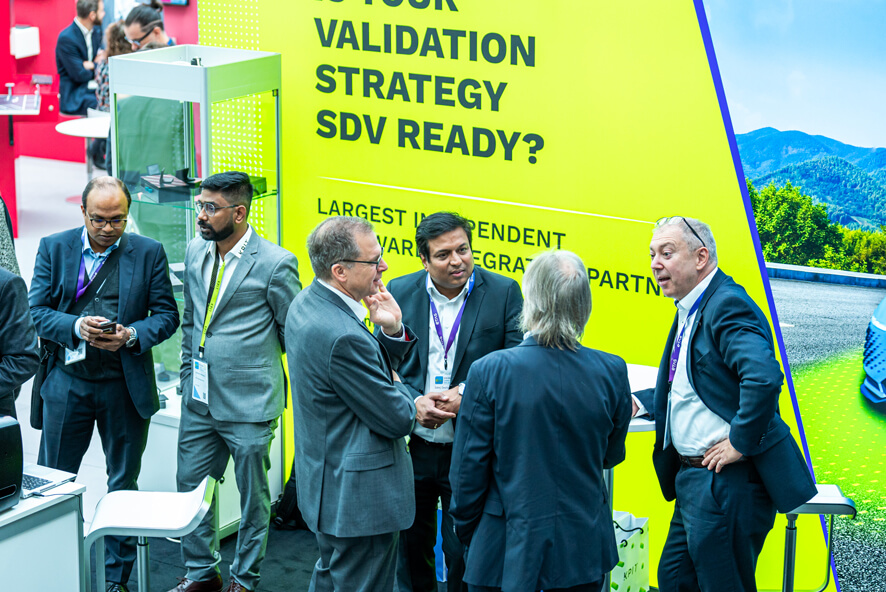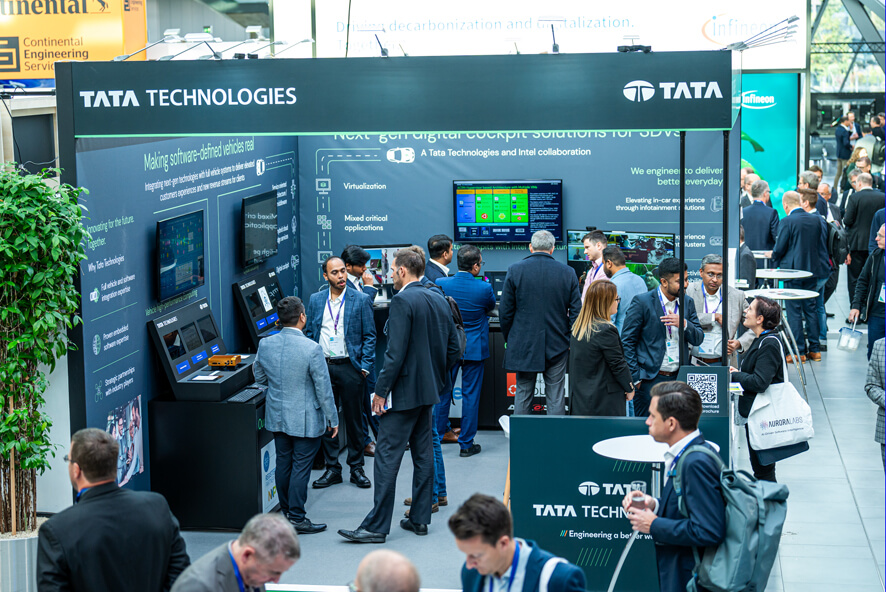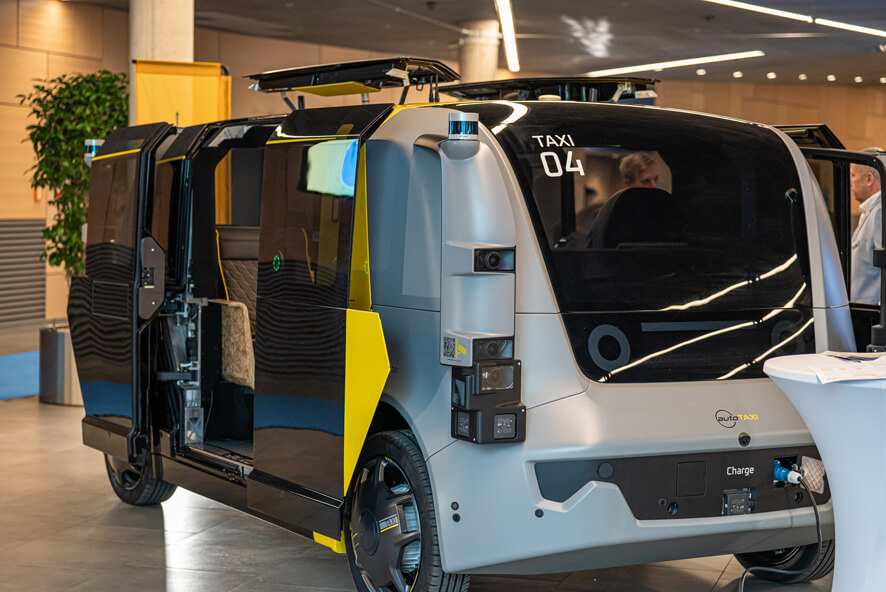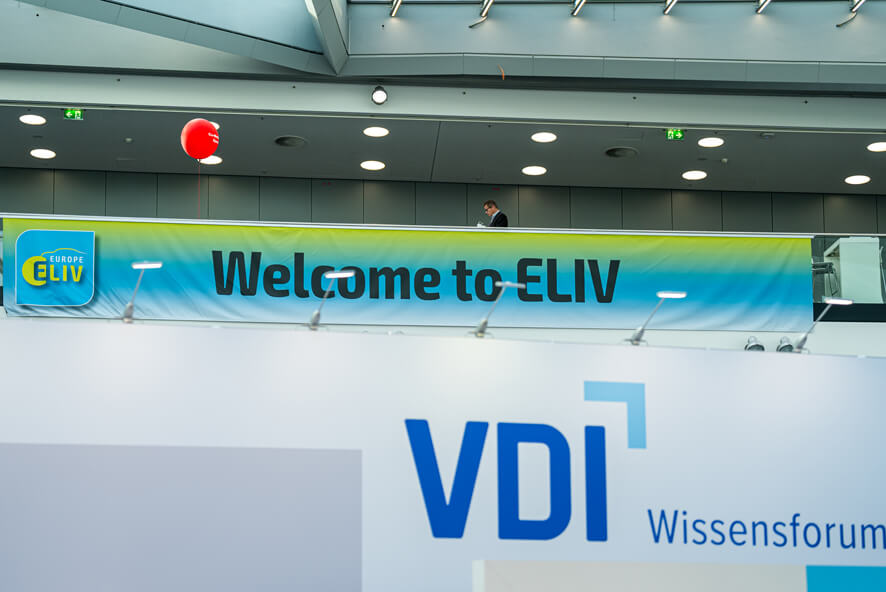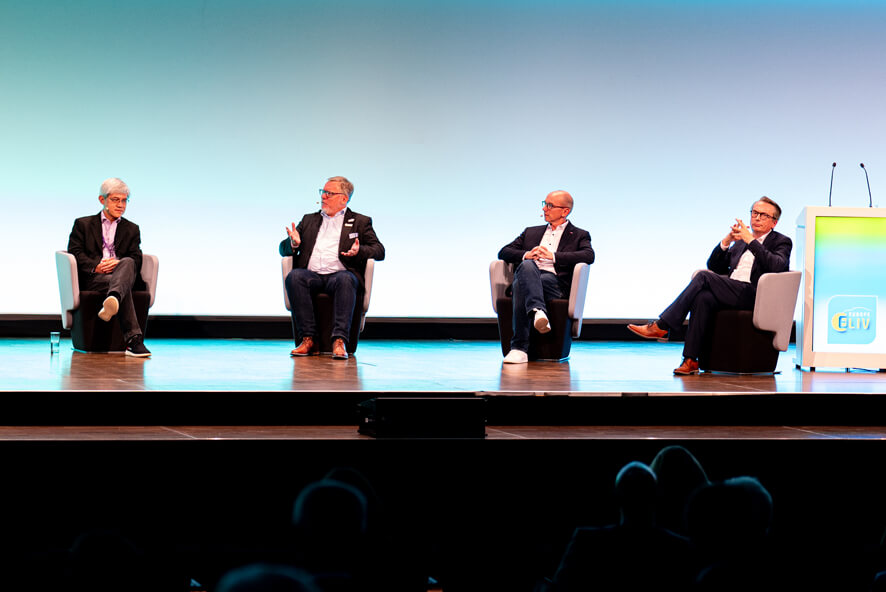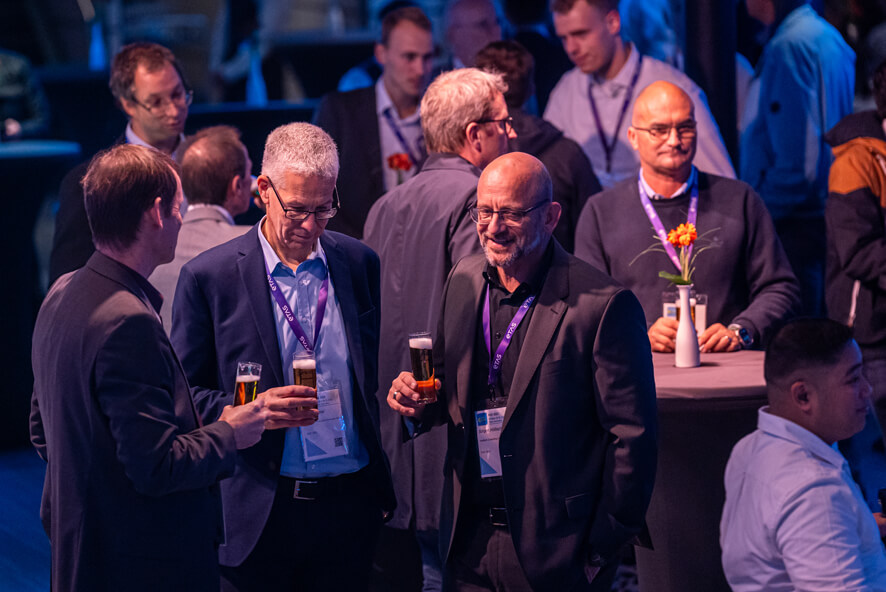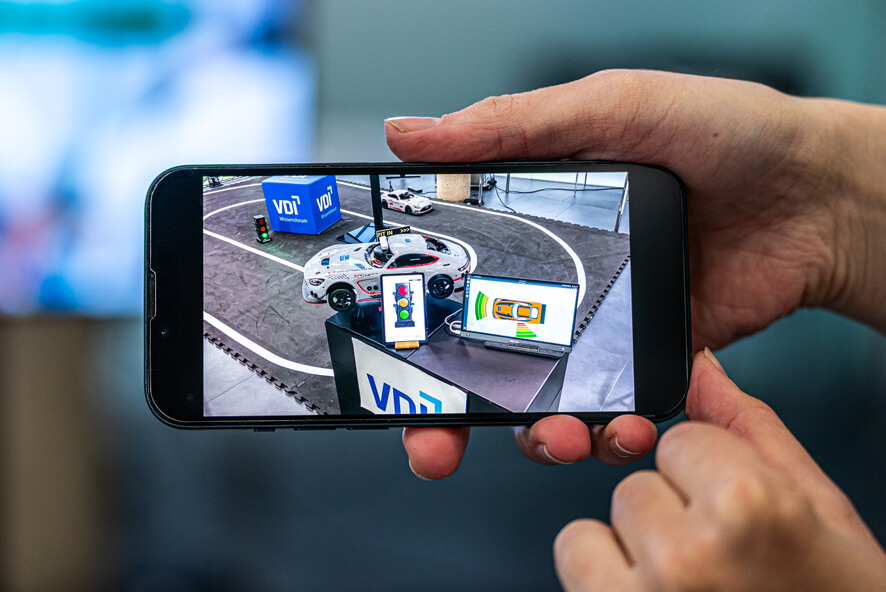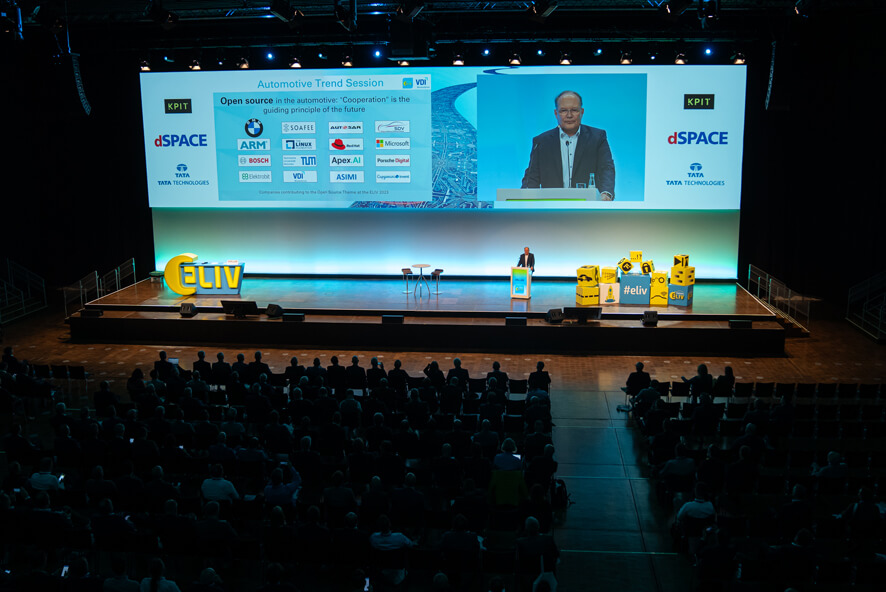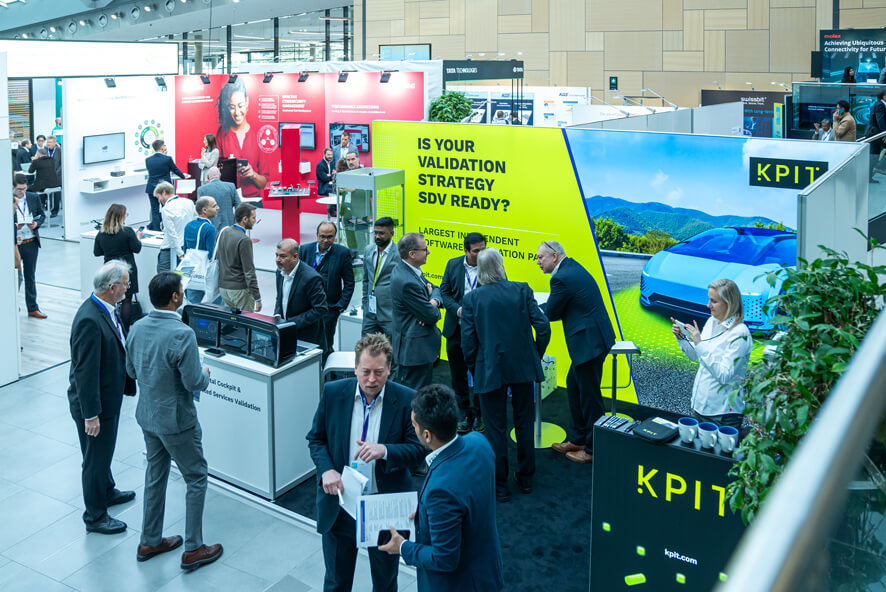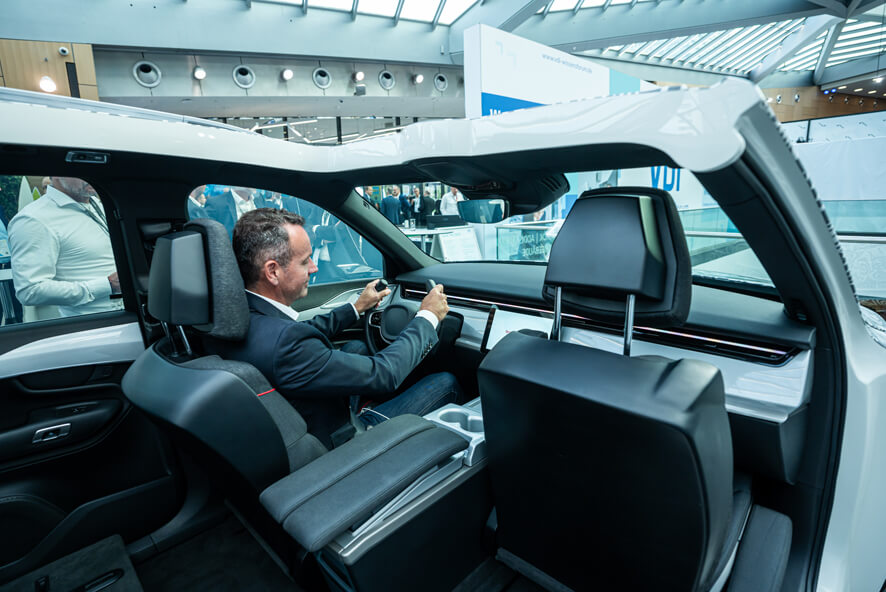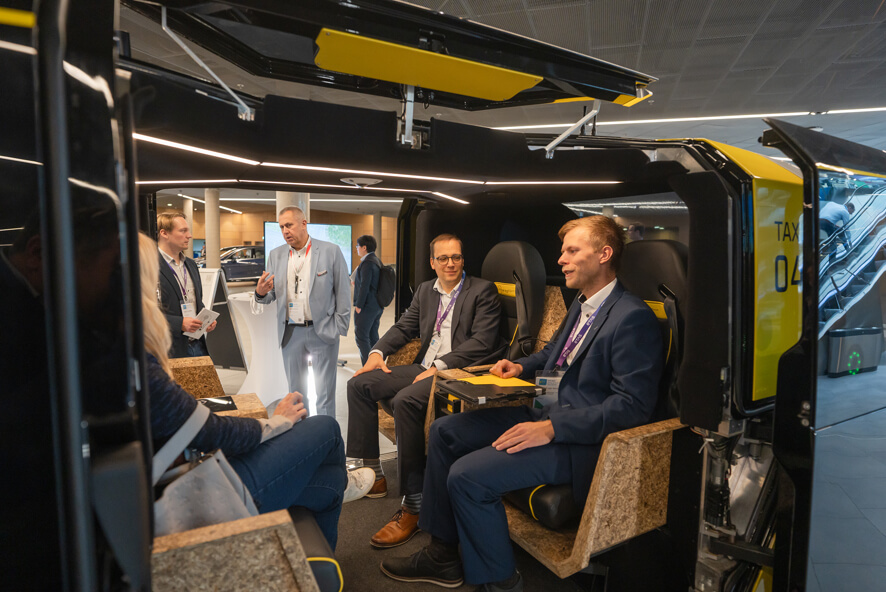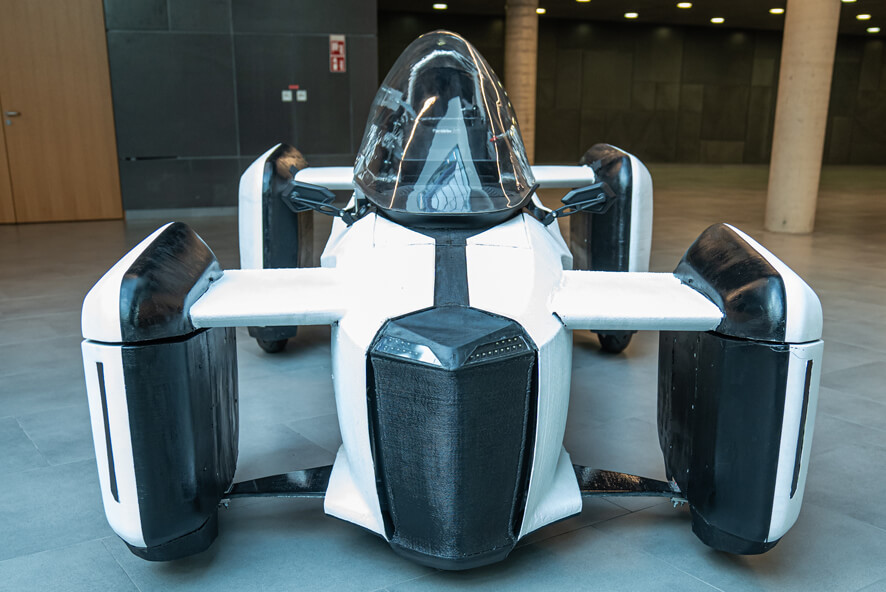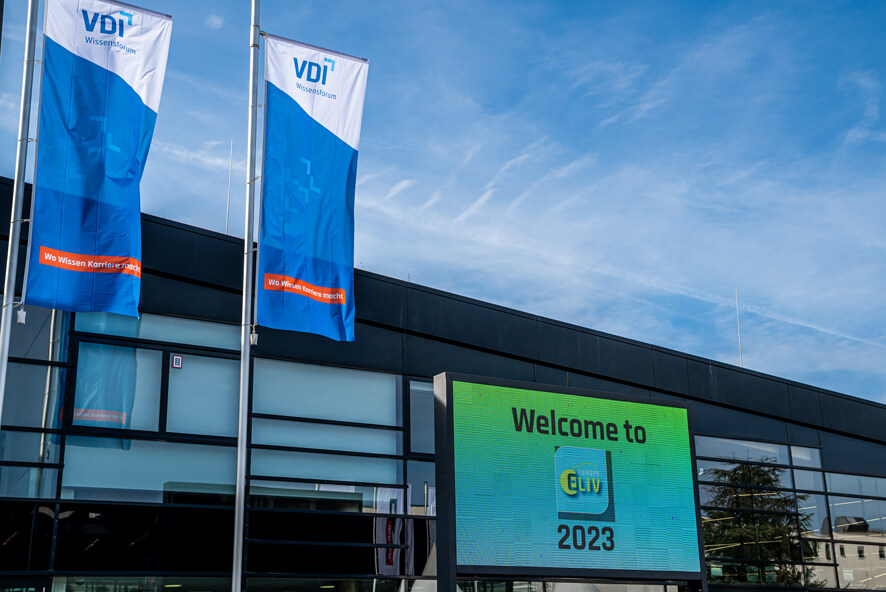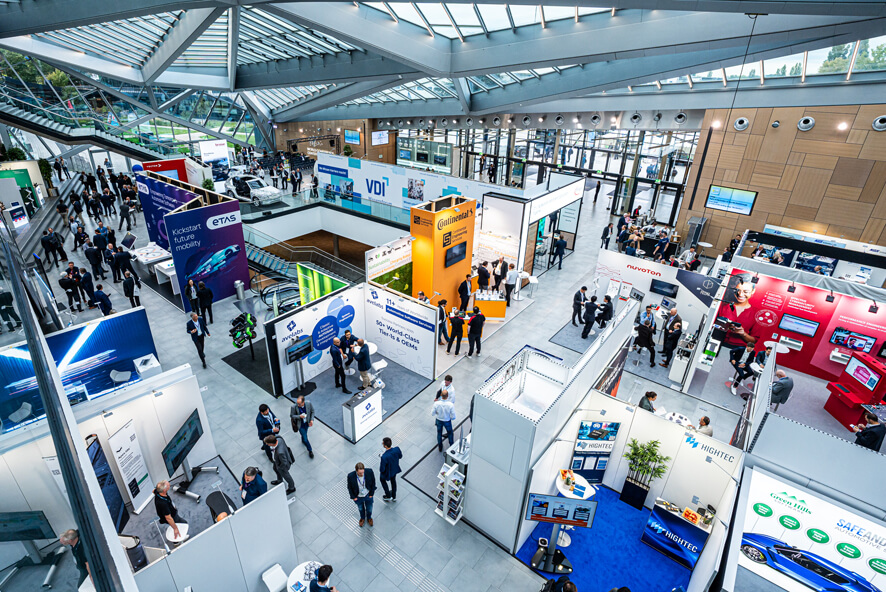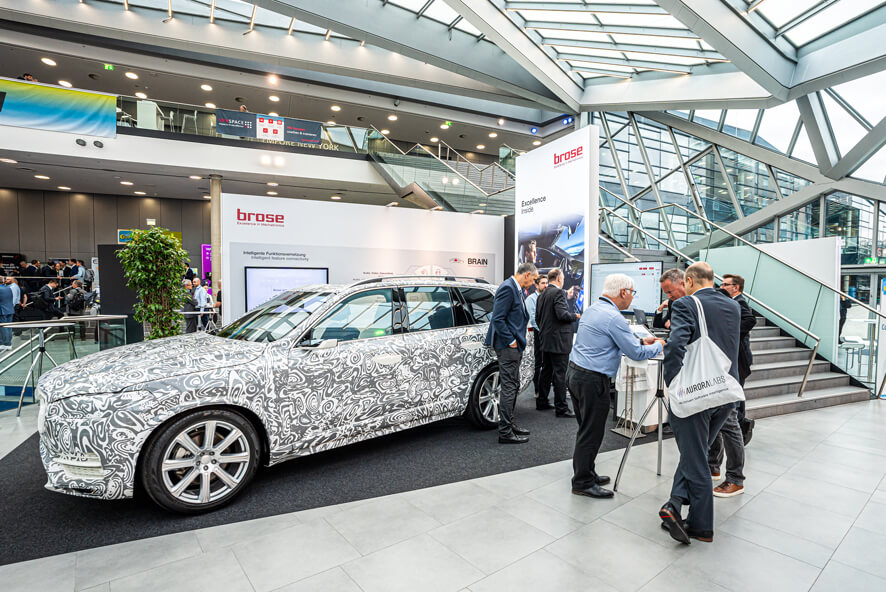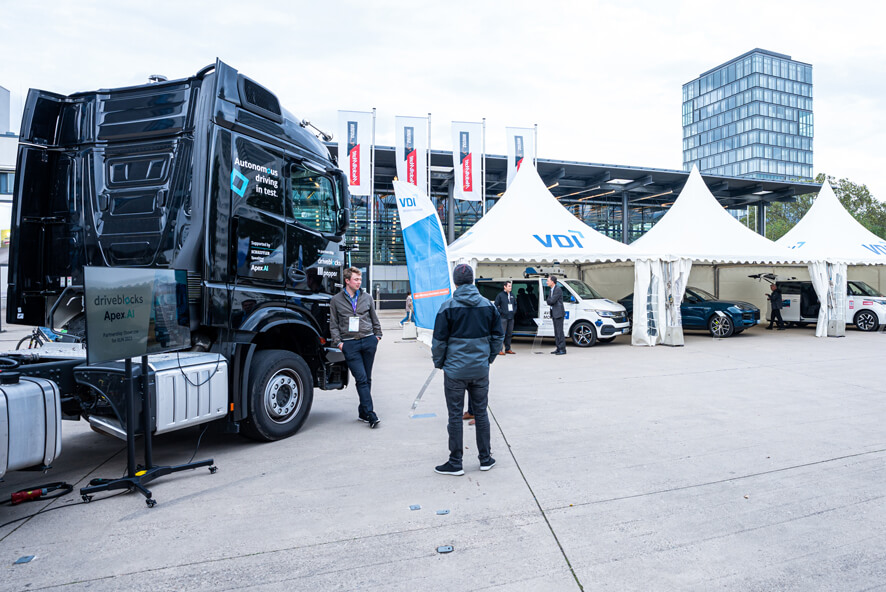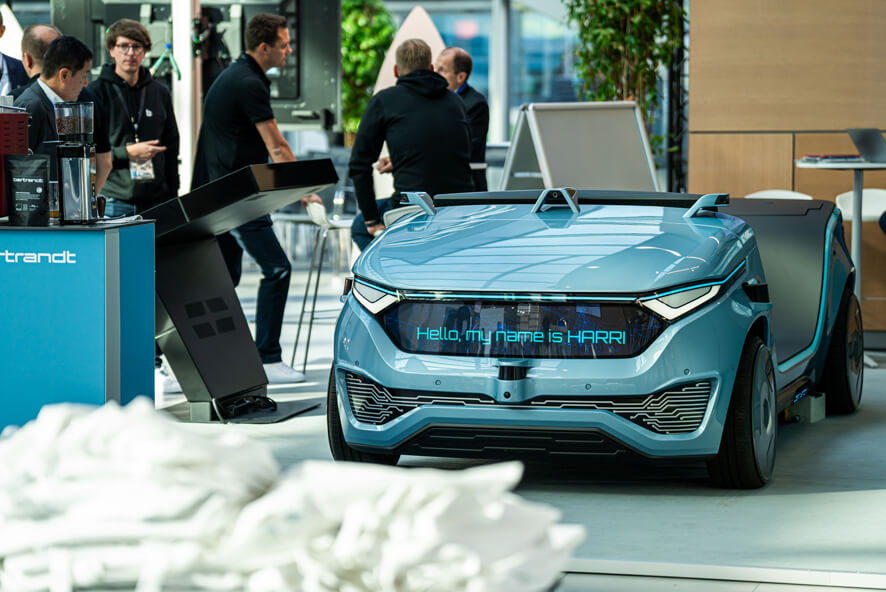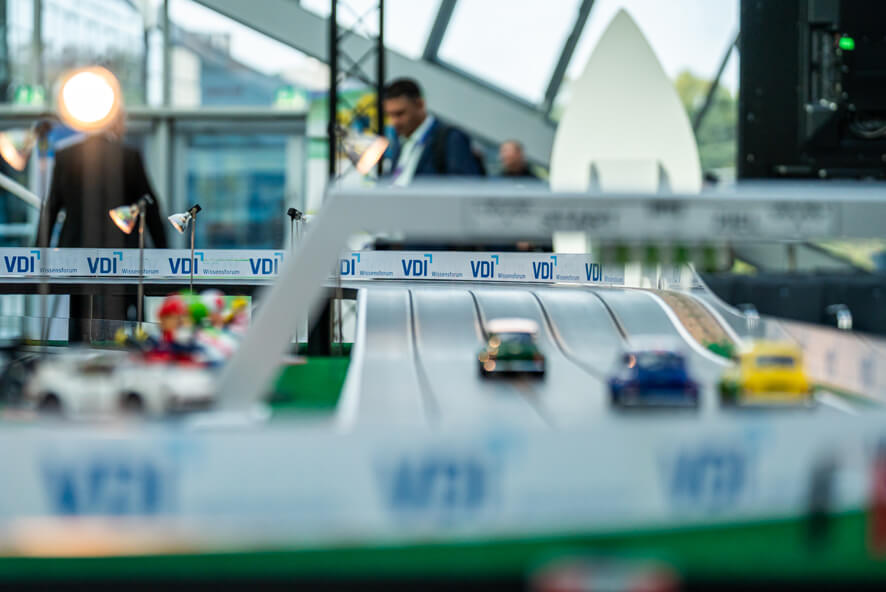Follow ELIV @LinkedIn and stay informed!
International VDI Congress "ELIV" - The World’s Largest Congress for Automotive Electronics, Software and Applications
Welcome to the International VDI Congress "ELIV" - the world's largest congress for automotive electronics, software, and applications. Every year in Bonn, decision-makers, experts, and industry leaders from all over the world come together to exchange knowledge, discuss emerging trends, and showcase groundbreaking innovations in automotive technology.
With a lineup of world-class speakers, interactive panels and a trade exhibition, ELIV is the perfect opportunity to connect with like-minded professionals, expand your knowledge, and stay ahead of the curve. Whether you're a seasoned expert or just starting out in your career, ELIV has something for everyone.
So why wait? Join us at ELIV and discover the future of digital innovation in automotive electronics, software and application today!
ELIV is a must-attend event for anyone involved in the automotive electronics and software industry. OEMs, suppliers, and software companies gather to share information, present new products, and set the agenda for the industry's future. Over the course of two days, OEMs, suppliers, and university experts deliver practical and insightful lectures, addressing everything from the latest trends to classic electronics topics. Attendees also have the opportunity to explore the trade exhibition, discovering innovative products and services from various suppliers and service providers.
Good reasons for the ELIV Congress

But ELIV isn't just about lectures and exhibitions. It's a unique opportunity to network with over 1000 automotive sector experts from around the globe. Meet old colleagues, new project partners, and discover current and innovative solutions while expanding your professional horizons.
The program of ELIV offers over 90 lectures presenting possible solutions for the current challenges in automotive electronics and software. The program committee works tirelessly to curate a selection of talks that provide added value through technical depth and high quality.
And of course, there's the trade exhibition. About 120 expected national and international exhibitors will be present at ELIV, offering attendees a wealth of added value in one convenient location.
Insights into the electronics of commercial vehicles and mobile machines
With the parallel strand on " Electric/Electronics for Commercial Vehicles" and " Electric/Electronics for Mobile Machines", you will also gain an insight into the solutions and challenges of these industries. From 2023, they will take place on a rolling basis. In 2024, Mobile Machines will provide an insight into its trend topics:
Exciting changes are on the horizon in the field of mobile machinery. The introduction of the first autonomously driving tractors, agricultural robots, and construction machinery in practical use is a remarkable success. However, to be truly autonomous and efficient, entire workflows must be fully automated. The industry is addressing this challenge with the help of intelligent sensor technology and machine learning. At “Electric/Electronics for Mobile Machines”, inspiring ideas and innovations will be presented that illustrate how the machines’ performance increases with the degree of automation.
More information here.

THE Industry Get-Together
Since the mid-1980s, the ELIV Congress has been at the forefront of vehicle electronics, bringing together technologies and industries and leading the way with emerging trends. As the industry becomes increasingly complex, the event continues to attract more national and international participants from the fields of electrics, electronics, and software.
Leading-Edge Insights on Automotive Electronics and Software: Learn from Industry Experts at ELIV
The program of ELIV presents in more than 90 presentations possible solutions for the current challenges in automotive electronics and software. For its compilation, the program committee intensively examines the submitted contributions and thus identifies those which represent added value for you through their technical depth and high quality.
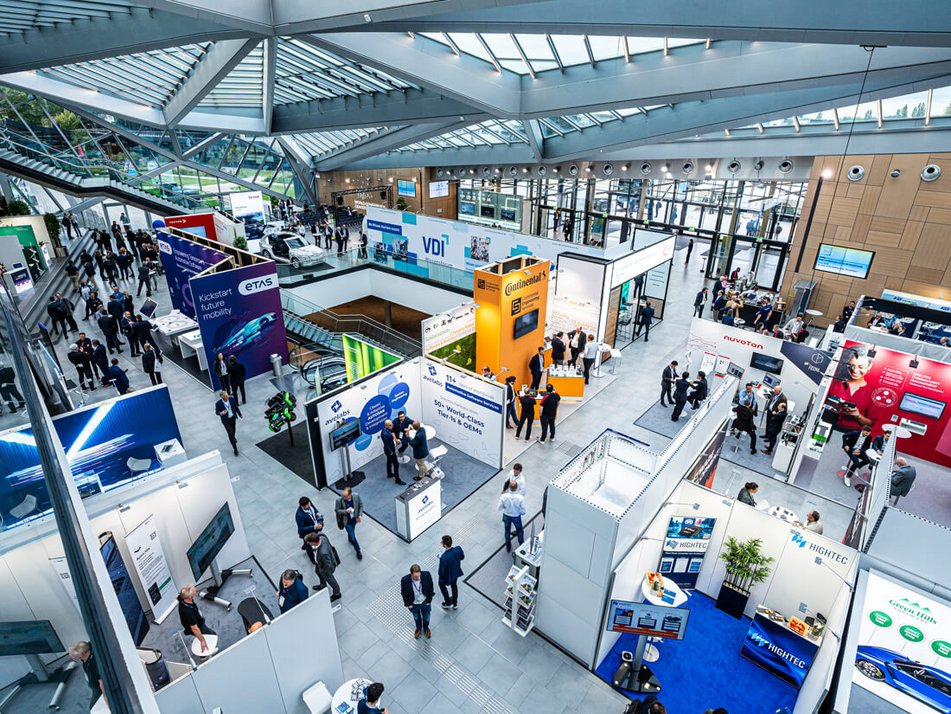
The trade exhibition as an accompanying highlight
The trade exhibition is the perfect place to learn about the newest developments and innovations in the field. With more than 120 national and international exhibitors attendees can expect to gain a great deal of added value by seeing everything in one location. It's a unique opportunity to discover new products and services, engage with suppliers, and network with industry professionals.
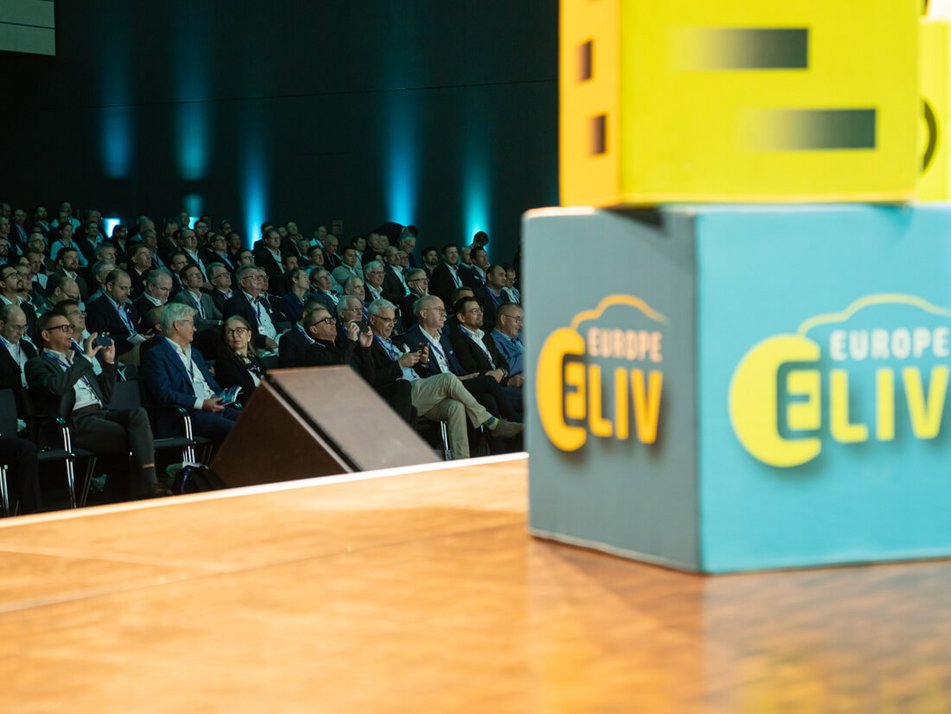
Unlock the Full Potential of Your Time and Take Your Business to the Next Level
ELIV is designed for efficiency, enabling attendees to make the most of their time. Meetings with partners can be conducted on-site, and market analysis can be condensed at the trade exhibition with a quick overview. The focused program is designed to inspire and generate momentum, enabling attendees to optimize their project timings in the process. Don't miss this opportunity to gain a competitive advantage in the industry by attending ELIV.
Join us from 16-17 October 2024 at ELIV in Bonn, where you'll experience an international industry get-together like no other. Benefit from a unique program of lectures with both technical and strategic content, network with global industry leaders, and discover the latest innovations and solutions in automotive technology - all in one efficient and productive event.
Gold sponsors
Jama Software
Jama Software®’s requirements management platform, Jama Connect ®, enables organizations to intelligently manage the development process by leveraging Live Traceability™ across best-of-breed tools to measurably improve outcomes, and minimize the risk of defects, rework, cost overruns, delays, and recalls. Our growing customer base spans the automotive, medical, semiconductor, aerospace & defense, industrial manufacturing, consumer electronics, financial services, and insurance industries.
KPIT Technologies GmbH
KPIT ist ein globaler Partner für das Automobil- und Mobilitäts-Ökosystem, der softwaredefinierte Fahrzeuge Realität werden lässt. Das Unternehmen ist ein führender unabhängiger Softwareentwicklungs- und Integrationspartner, der die Mobilität auf dem Weg in eine saubere, intelligente und sichere Zukunft unterstützt. Mit mehr als 10.000 Automobelievers auf der ganzen Welt, die sich auf eingebettete Software, KI und digitale Lösungen spezialisiert haben, beschleunigt KPIT die Implementierung von Technologien der nächsten Generation für die künftige Mobilitäts-Roadmap seiner Kunden. Mit Entwicklungszentren in Europa, den USA, Japan, China, Thailand und Indien arbeitet KPIT mit führenden Unternehmen der Automobil- und Mobilitätsbranche zusammen und ist dort präsent, wo sich das Ökosystem wandelt. KPIT Technologies GmbH Frankfurter Ring 105b 80807 Munich www.kpit.comSponsors
Review 2023
Impressions of ELIV 2023
ELIV Awards 2023
Best Start-up (Audience Award)
veecle
Best Keynote (Audience Award)
Transforming the Future of Mobility with the Power of AI and the Cloud
Dominik Wee, Corporate Vice President, Manufacturing & Mobility, Microsoft Corporation, Munich
Best Speaker (Audience Award)
Generative AI – How AI Models Change the Way We Develop Automotive Products
Dr.-Ing. Pia Dreiseitel, Growth Field Manager AI Technologies, Research and Advanced Engineering, Continental Automotive Technologies GmbH, Frankfurt am Main/Regensburg
Auto Electronic Excellence Award 2023 (Award for young speakers)
1st Place:
A Leap in Innovation? – What European OEMs Can Learn from Chinese OEMs in Terms of User Experience
Audrey Matarage, Independent consultant, Audrey Matarage Consulting, Stuttgart
2nd Place:
Holistic Approach for a Universal Vehicle-to-Automotive-Service-Robot Communication Interface
Lukas Heinrich, M. Sc., Industrial PhD Candidate, Robotics, Group Innovation, Volkswagen AG, Wolfsburg
3rd Place:
Estimation of Body Height, Weight, and Gender of Vehicle Occupants Using Machine Learning
Patrick Laufer, M. Sc., Development Engineer, Vehicle Safety, IAV Fahrzeugsicherheit GmbH & Co. KG, Munich
ELIV 2023 – Lectures
In 2023, participants heard exciting presentations on the following key topics:
- Open Source Software
- Software Technologies
- E/E-Architecture
- Automotive AI
- Automated Driving
- Security
- Electronics Technology
- E-Vehicle Mobility
- System Engineering and Processes
You can view the complete ELIV 2023 program here.
Automotive Trend Session
The new "Automotive Trend Session" programme highlight in 2023 focused on the topic of "Open Source". In particular, the advantages and possibilities of Open Source software in the automotive industry were highlighted and discussed. Experts from the Open Source sector were brought together to share their extensive knowledge and experience with the audience.
Speakers Open Source (among others)
- Michael Plagge, VP Ecosystem Development, Eclipse Foundation AISBL
- Boris Engel, Program Director Automotive, Microsoft Corporation
- Robert Day, Director, Autonomous Vehicles, Arm
- Francis Chow, VP & GM, In-vehicle Operating System and Edge, Red Hat Inc.
Keynote Speaker 2023
Our keynote speakers from 2023 include:

Kai Lars Barbehön
Vice President Central Control Units, Wire Harness, Power Supply, BMW AG

Dominik Wee
Corporate Vice President, Manufacturing & Mobility, Microsoft Corp.⠀ ⠀ ⠀⠀ ⠀ ⠀ ⠀
⠀ ⠀ ⠀ ⠀ ⠀

Magnus Östberg
Chief Software Officer – Executive Vice President, Research & Development, Mercedes-Benz AG
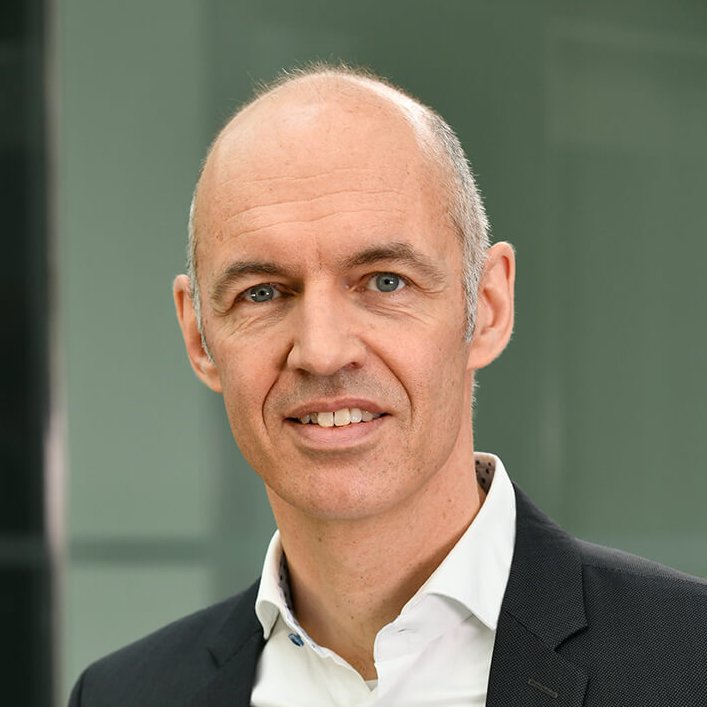
Mathias Pillin
Member of Business Sector Board Bosch Mobility Solutions, Robert Bosch GmbH

Dr. Yankin Tanurhan
Senior Vice President of Engineering, Synopsys, Inc.

Vishnu Gurusamy Sundaram
M.Sc., Senior Vice President, Cockpit, Mobile and Apps, Stellantis

Igal Raichelgauz
Founder & CEO, Autobrains Technologies Ltd.

Dr. Rolf Zöller
Managing Director, Porsche Digital & Director Smart Connected Vehicles, Porsche AG

Dr. Frank Kindermann
Head of Battery System Europe, NIO GmbH
Night of Electronics
On the evening of the first day of the congress, the participants met on the MS RheinEnergie, the largest excursion ship on European inland waterways, to network and celebrate.
After the opening by Dr Rolf Zöller and Uwe Michael, stand-up comedian Christian Schulte-Loh provided a humorous start to the evening. Over good food and a tasty drink, the participants socialised, forged new partnerships or met old acquaintances as the ship sailed along the Rhine. After docking, DJ Nico Jansen opened the final party and the participants celebrated together until late into the night.
Whitepaper
Program Committee & Partner
Our Program Committee
ELIV not only provides ample networking opportunities and a comprehensive exhibition but also a highly relevant and up-to-date lecture agenda for all attendees. This ensures that attendees stay informed about the latest developments, trends, and future solutions.
To ensure that the lecture agenda aligns with the congress's main concept, the ELIV program committee sets the course well before the call for papers is published. The committee consists of leading representatives from OEMs and key suppliers who have a keen intuition for detecting new mega trends while ensuring that traditional topics and enablers are also addressed.
We are expressing our cordial thanks to all members of the program committee for their many years of committed and voluntary work in this committee.

Dipl.-Ing. Kai-Uwe Balszuweit
BMW Group Forschungs- und Innovationszentrum FIZ / München
![Jan Becker [Translate to English:]](/fileadmin/_processed_/7/e/csm_Becker_Jan_90885bb0e2.jpg)
Jan Becker
Apex.AI, Inc. / Palo Alto

Elmar Frickenstein

Steffen Glemser
Renesas Electronics Europe GmbH / Düsseldorf
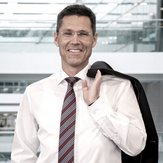
Dr.-Ing. Axel Heinrich
Volkswagen AG / Wolfsburg
![Dipl.-Ing. Christof Kellerwessel [Translate to English:]](/fileadmin/_processed_/6/7/csm_Kellerwessel_fe8477b3ce.jpg)
Dipl.-Ing. Christof Kellerwessel
adck-consult / Köln
![Joachim Langenwalter [Translate to English:]](/fileadmin/_processed_/7/1/csm_Langenwalter_aa88a4fd8f.jpg)
Joachim Langenwalter
![Ralf Lenninger [Translate to English:]](/fileadmin/_processed_/9/0/csm_Lenninger_d55bb98eae.jpg)
Ralf Lenninger

Dipl.-Ing. Uwe Michael
mps / Rödermark

Dr. Burkhard Milke
Opel Automobile GmbH / Rüsselsheim
![Maik Rohde [Translate to English:]](/fileadmin/_processed_/d/1/csm_Rohde_Volkswagen_AG_c9a79c2a52.jpg)
Maik Rohde
Volkswagen AG / Wolfsburg

Dr.-Ing. Dieter Rödder
Robert Bosch GmbH / Ludwigsburg

Dipl.-Ing. Martin Schleicher
Continental Automotive Technologies GmbH / Frankfurt

Dr. Riclef Schmidt-Clausen
CARIAD SE / Ingolstadt

Dr. Jutta Schneider
Mercedes-Benz AG / Sindelfingen

Dipl.-Ing. Stefan Singer
Renesas Electronics Europe GmbH / Aschheim

Dipl.-Ing. Stefan Teuchert
MAN Truck & Bus SE / München

Dr. Dirk Walliser
ZF Friedrichshafen AG / Friedrichshafen

Dr.-Ing. Michael Winkler
Hella Fahrzeugkomponenten GmbH / Bremen

Joachim Ziethen
HELLA GmbH & Co. KGaA / Lippstadt

Dr. Rolf Zöller
Dr. Ing. h.c. F. Porsche AG / Weissach
Partners of the ELIV congress
VDI-FVT
The VDI Society for Vehicle and Transport Technologies, VDI-FVT in short, has around 28,000 members that are affiliated to at least one of its 8 technical sections. This makes it the second biggest of the VDI’s dedicated societies. VDI-FVT is the community for engineers working in the vehicle industry, as well as for engineers dealing with transport and traffic outside manufacturing industries.
Traditionally, a majority of members work in automotive. VDI-FVT is the German affiliate of the world federation of automotive engineers’ societies, FISITA, and it is the intellectual sponsor of many big conferences on automotive technology and thus fosters exchange and knowledge transfer both nationally and internationally. It also sponsors Formula Student Germany, awarding VDI membership to all German participants, and promotes other student competitions for transport engineers. VDI-FVT has recently reconstituted technical sections for rail and marine technologies, as well as space- and aircraft. It is putting a strong focus on transport and traffic in general and aims to mediate between technology and society.
Your contact persons for the program

Annick Cathrin Pauwels
+49 211 6214 -8646
pauwels@vdi.de

Birgit Bremer
+49 211 6214 -273
birgit.bremer@vdi.de
Your contact person for organisational matters

Verena Feger
+49 211 6214 -244
feger@vdi.de
Your contact persons for Exhibition and Sponsoring

Jasmin Habel
+49 211/ 6214-213
jasmin.habel@vdi.de
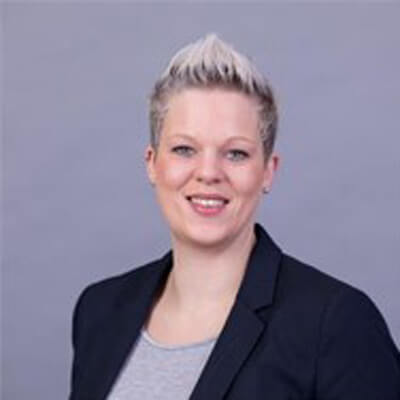
Martina Slominski
+49 211/ 6214-385
slominski@vdi.de
Your contact person for Start-ups

Elena Langenfels
+49 211/ 6214-8662
langenfels@vdi.de
Media partner 2024
Partners 2024
Exhibitor / Sponsoring
Do you want to present your company as well as your products and services directly to your target audience without any scattering losses? Then find out about how to become a sponsor or exhibitor at ELIV.
ELIV 2024 – Mission Transformation
As the automotive industry has evolved, ELIV has also transformed, consistently adapting to and incorporating emerging trends and themes. As a result, the growing prominence of software technology will continue to be showcased not only by the exhibitors but also within the program.
The next ELIV will take place:
October 16 – 17, 2024
Book event
* Provisional price, there may be differences in VAT - the final price can be found in your order overview.






